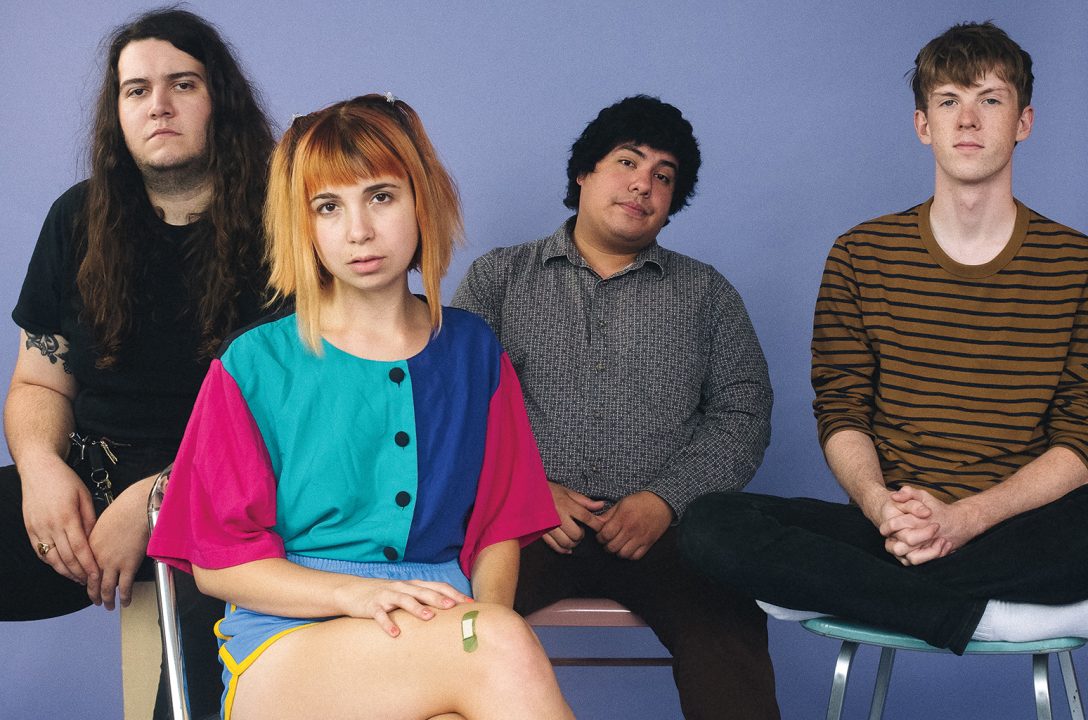For decades, prom has been considered by American teenagers to be a high school rite of passage.The concept of a queer prom is to take that rite of passage and make it open and accessible for the LGBTQ community.
The LGBTQ Student Union is an organization described as “established for the purpose of advocating for the interests of the LGBTQ at UMBC and in surrounding regions and providing support thereof for any initiatives that the body shall deem fit.”
They host several well-received events throughout the school year, including the popular formal dance formerly known as Queer Prom, as well as panels such as UMBC’s annual drag show and a variety of informative student-led panels.
Although Queer Prom is the name that’s been associated with the previous dances held in early winter, John Platter, president of LSU explained that they were uncomfortable using queer in the name of the event, as “there are people who haven’t reclaimed that word and may feel alienated by [LSU’s] use.” What was formally known as “Queer Prom” was renamed this year to Winter Formal, which better suits the season while preserving the formality of the dance.
The event was open to the entire UMBC community, rather than being exclusive to the LSU’s members. Catering was provided by the Baltimore-based bookstore and coffeehouse, Red Emma’s. The evening’s selection was a Greek ensemble featuring pita, falafel, hummus and tzatziki sauce.
The theme of the organization’s event was space and astrology, due to the widespread interest of LSU members. To match the theme, the UC Ballroom was outfitted with black and gold table toppers, blue balloons and cool (both definitions of the word fit here) colored lights.
The ballroom was set up in true fashion of a prom or formal: an open dance floor, refreshments to the side, and a slew of banquet tables for partygoers to sit, relax and socialize. A photographer was present to take photos of blissful guests.
Students were encouraged to wear whatever fit within their comfort zone. Many were dressed to impress in their best outfits ranging from typical prom-style formal wear to homecoming-style dress casual.
The traditional prom royalty competition was replaced by a system that superseded the binary of king and queen. Tens of contestants lined up on stage where the audience was asked to vote for royalty with cheers and applause.
Audience members were asked to join and participate in the contest if they felt confident and beautiful in their outfits, and the size of the crowd that formed on stage was a telling sign of the confidence that the event forged in the attitudes of its attendees.
Foregoing the assumed competition for a king and a queen was a kind gesture that helped create an air of openness during the formal. Psychology and gender and women’s study major Armani Tinnin expressed feeling content towards the event, saying, “It was a very comfortable and open environment. No matter how anxious I might’ve walked in, I walked out feeling accepted.”
After doling out equal amounts of applause, members of the audience requested that everyone on stage won. Though the competition lacked a physical crown to be given to a single victor, the joy emanating from both contestants and audience alike was strong and heartfelt.
Overall, LSU’s winter formal felt like a comfortable party filled with happy faces and warm, accepting vibes. The combination of the event’s aesthetically pleasing display, nostalgia-evoking prom decor, and the fun set of people that made up the crowd created an enjoyable evening
